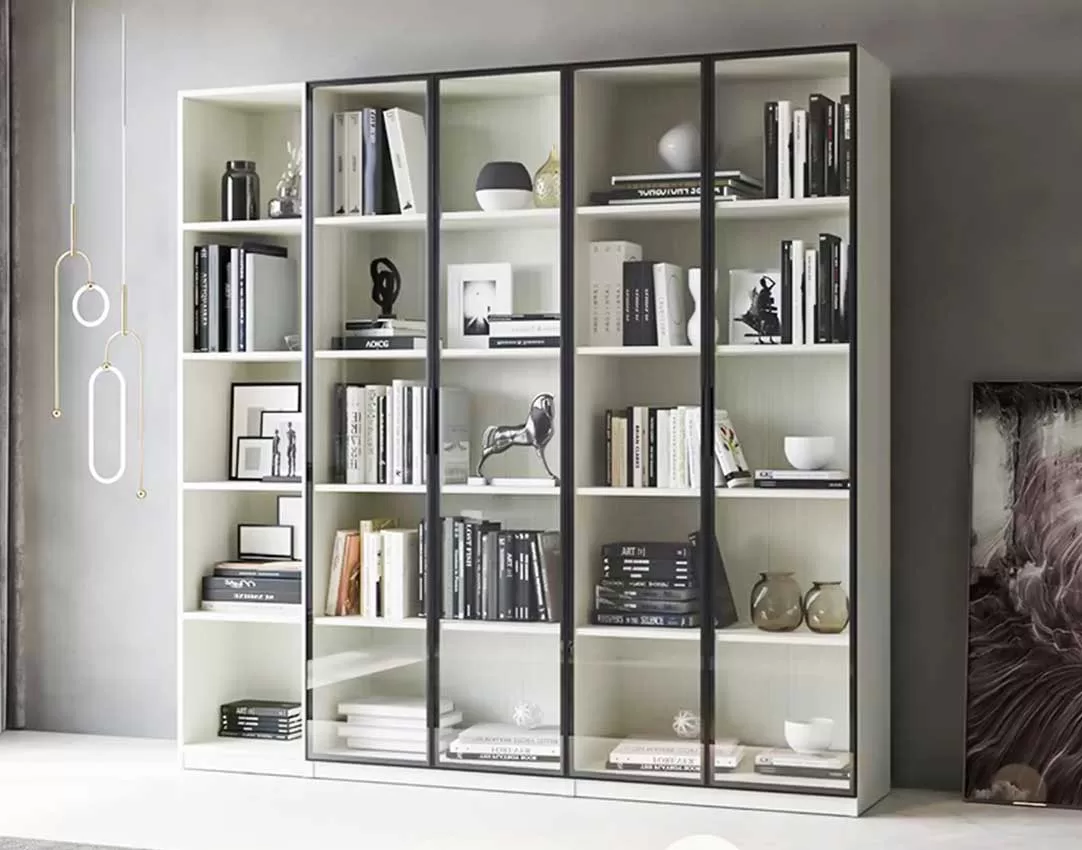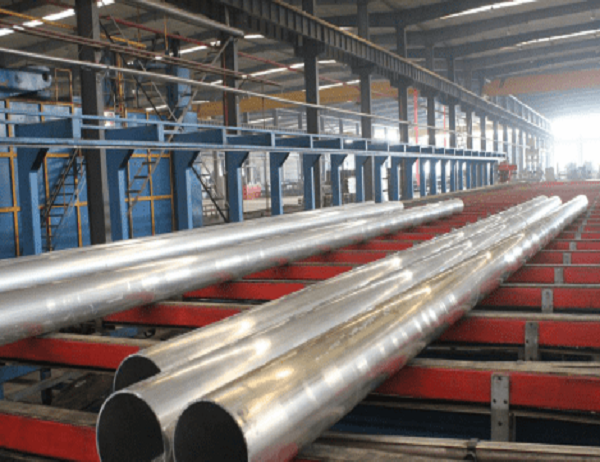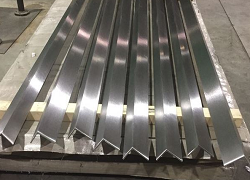Extruded aluminum tubes are a versatile and durable material that can be used in a wide variety of projects, from furniture and lighting to construction and engineering. Their strength, lightweight, and resistance to corrosion make them an ideal choice for applications where both form and function are important.
Choosing the Right Extruded Aluminum Tubes
The first step in integrating extruded aluminum tubes into your project design is to choose the right type of tube for your needs. There are several factors to consider, including:
Alloy: The alloy of the tube will determine its strength, weight, and corrosion resistance. The most common alloys for extruded aluminum tubes are 6061 and 6063.
Wall thickness: The wall thickness of the tube will determine its strength and rigidity. Thicker walls are stronger, but they also weigh more.
Length: The length of the tube will be determined by the dimensions of your project.
Finish: The finish of the tube will affect its appearance and durability. The most common finishes for extruded aluminum tubes are anodized and powder coated.
Designing with Extruded Aluminum Tubes
Once you have chosen the right extruded aluminum tubes for your project, you can begin designing. There are a few things to keep in mind when designing with aluminum tubes:
Consider the strength of the tube: Aluminum tubes are strong, but they can be weakened by notches or other imperfections. Avoid designing with sharp corners or sudden changes in direction.
Use the right fasteners: The type of fasteners you use will depend on the application. Bolts, screws, and rivets are all common choices for fastening aluminum tubes.
Protect the surface of the tube: Aluminum tubes are susceptible to scratches and dents. Be sure to protect the surface of the tube during handling and installation.
Benefits of Using Extruded Aluminum Tubes
There are many benefits to using extruded aluminum tubes in your project design, including:
Strength and durability: Aluminum tubes are strong and durable, making them ideal for applications where both form and function are important.
Lightweight: Aluminum is a lightweight material, making it easy to handle and install.
Corrosion resistance: Aluminum is resistant to corrosion, making it a good choice for applications in harsh environments.
Versatility: Aluminum tubes can be used in a wide variety of applications, from furniture and lighting to construction and engineering.



